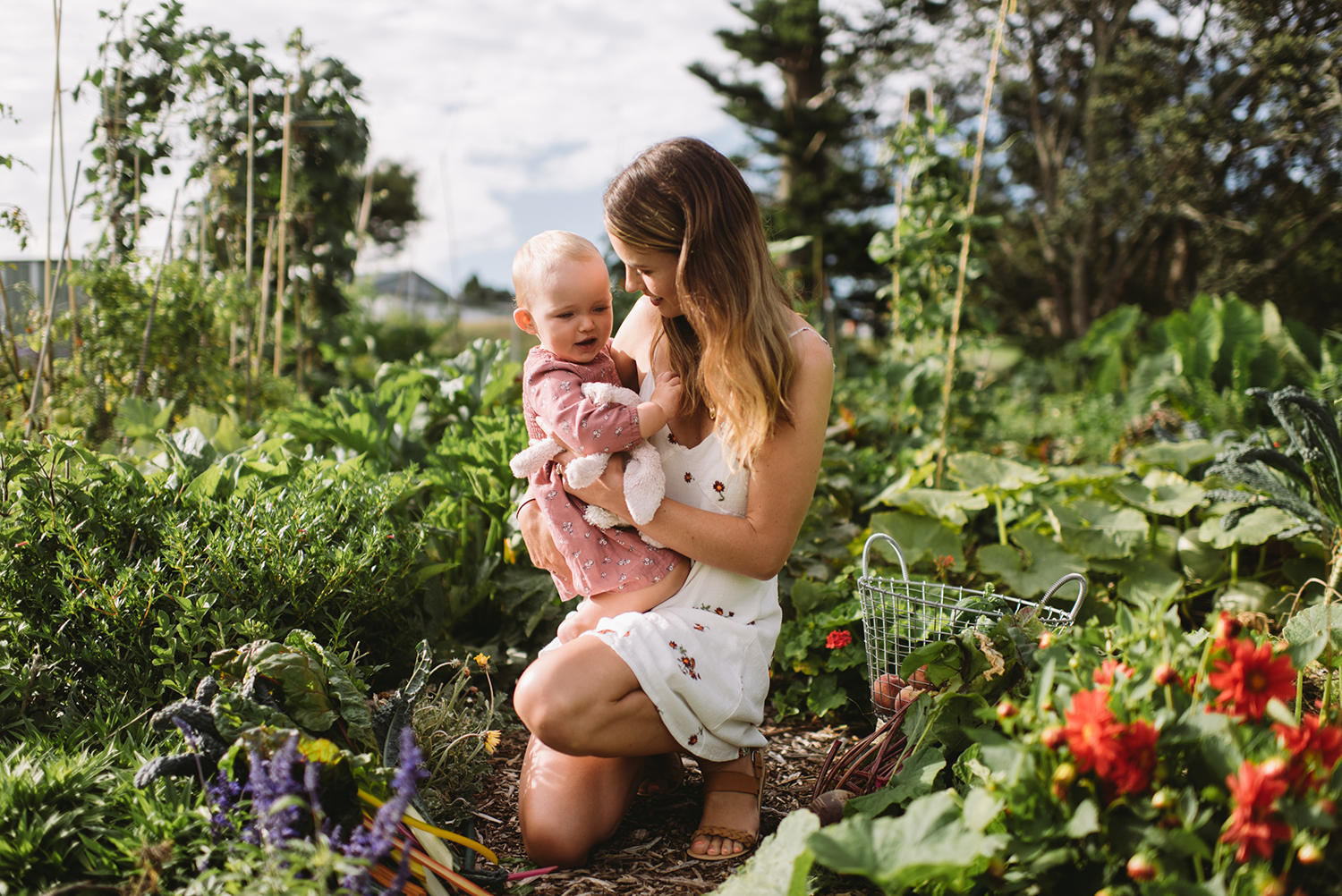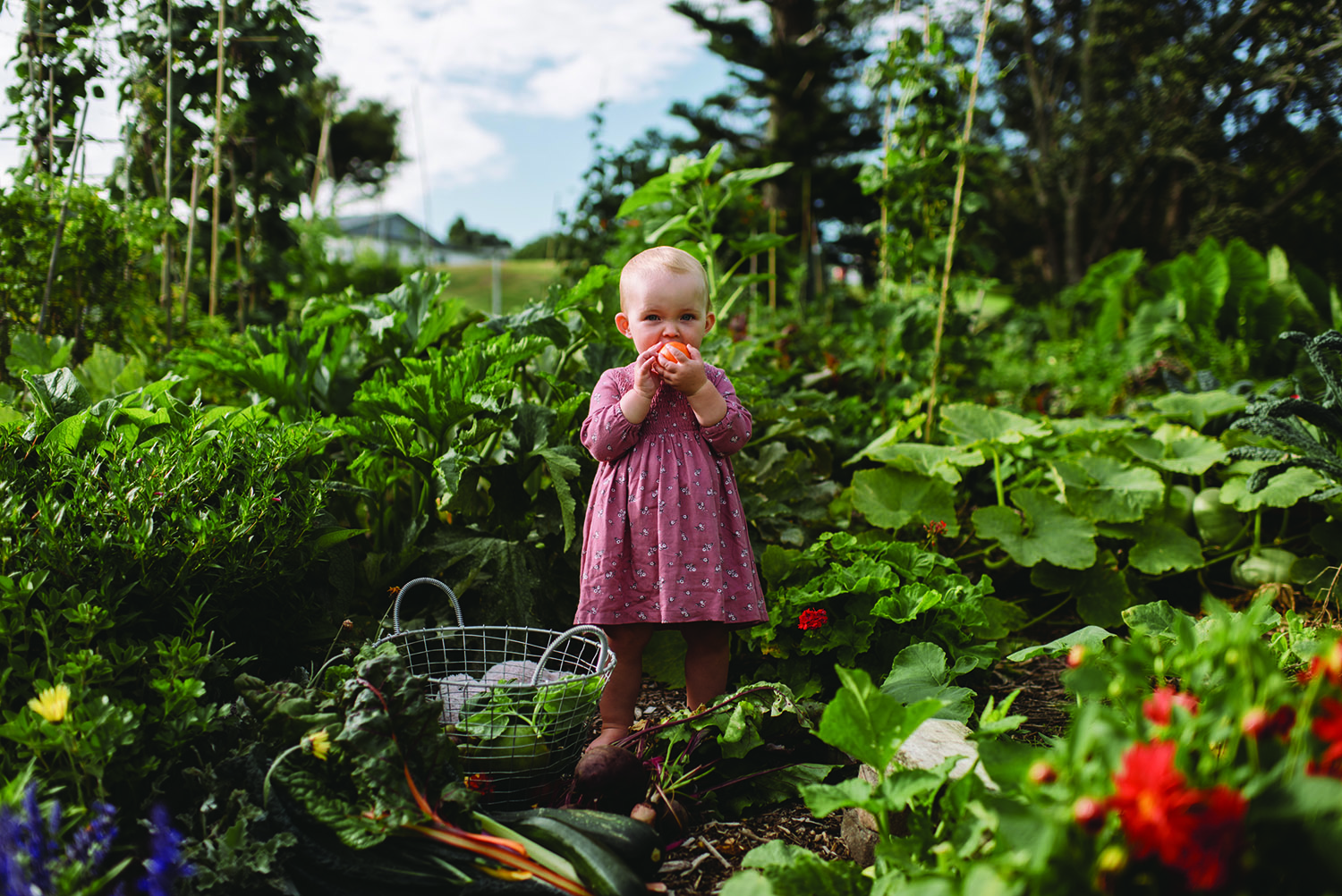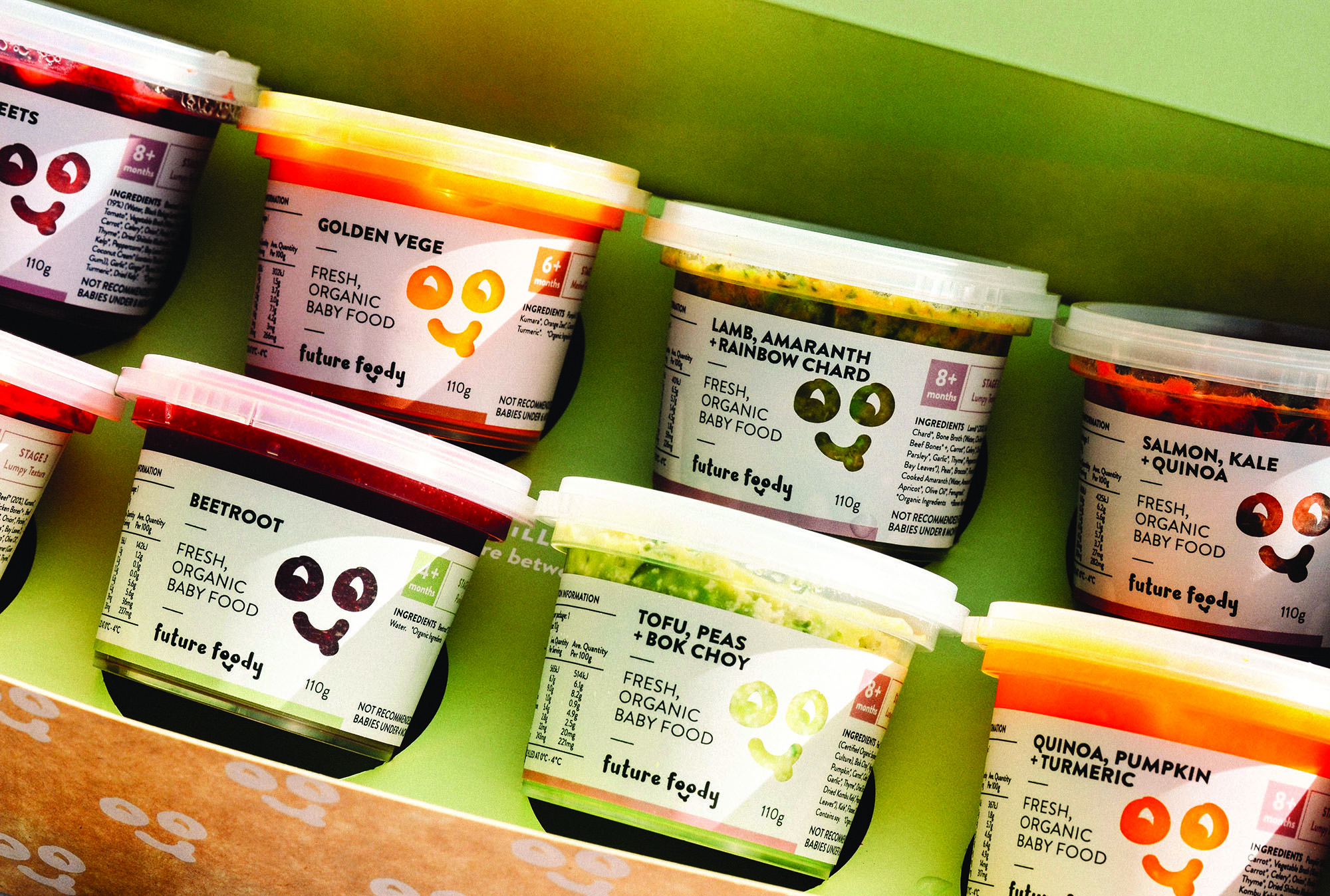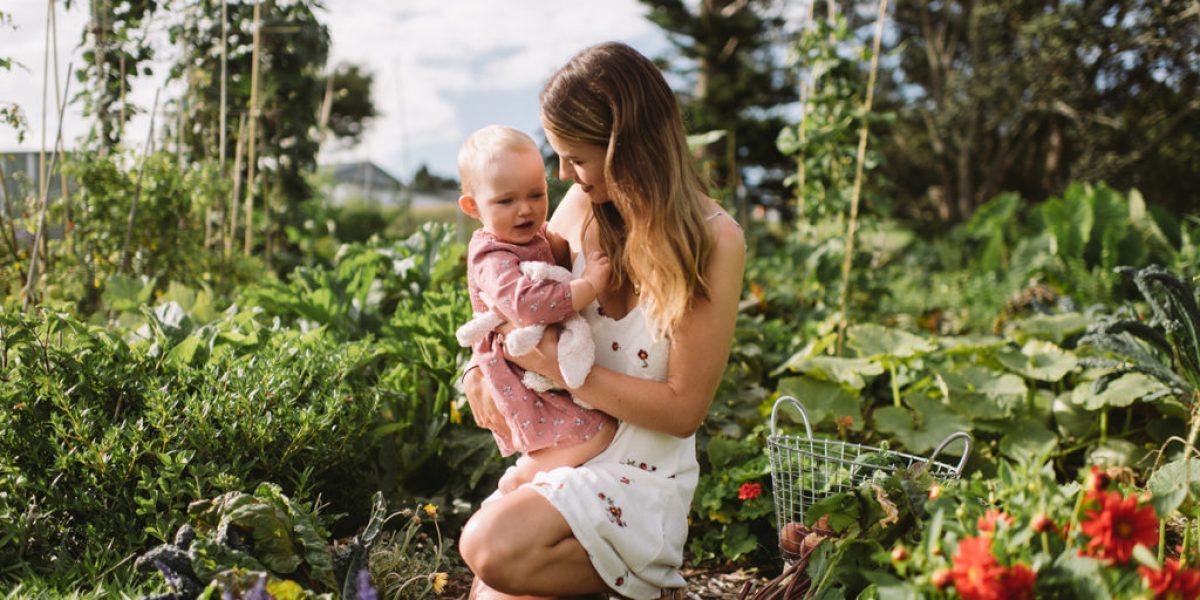Working Mother – Future Foody
There are 352,700 working Kiwi mothers as of last year, making up 28.5 percent of all the working women according to the New Zealand Government. At our last Journey To Excellence forum, the panellists voiced the importance of letting parents have flexible work schedules. It allows parents, and especially mothers, who have been traditionally pushed out of their careers, to have the best of both worlds. Another route to take is to start a company of your own. We spoke to Annelise Clark and Larissa Beeby who are part of a three-mother partnership behind Future Foody, a meal delivery programme for babies. Beeby was working as a nutritionist at the Heart Foundation during her pregnancy and when she was on maternity leave, decided that she “didn’t want to go back to a full-time role working for someone else.”
Clark and her husband owned two restaurants, which required attention at most waking hours, at the arrival of their first daughter. She did her work as her newborn napped and asked herself perhaps the most common motherly question: “How am I supposed to fit this time in as well to make all these different purees for her and what am I even supposed to make?”
Future Foody is the brainchild of mothers who recognised the delicate digestive systems of infants and that the baby food aisle is riddled with additives. The company says “no to mum guilt and yes to healthy happy families” by merging the convenience of delivered, packaged food with the nutritional value of locally-grown organic produce. They are currently only in Auckland but will be aiming to send their fresh products to the rest of the country soon.

When asked about how workplaces should be improved for mothers, Beeby said that there should be “support at home with family, support from the workplace whether they’re still breastfeeding or flexible hours, and then support so mums know that it’s OK to ask for help and they don’t have to feel guilty about going to work.” Clark echoed this belief, “it really starts with taking the pressure off mums that we really have to do everything and be everything. Because there’s really a lot of pressure that you have to look after your family. A lot of mums need to go back to work perhaps earlier these days than they might have had to previously. And there’s a pressure that you have to achieve at work and be the best you can be but there’s also be everything to your family and on top of that, be looking after your house, be cooking nutritious meals. I think it feels like as mums, everything kind of gets burdened that we have to do everything ourselves.” Clark has summarised the large, overbearing problem that mothers contend with: the expectation that mums need to do everything.
Starting a company is usually at least a somewhat stressful ordeal. Add in the responsibility to care for a newborn and you have the situation Clark and Beeby were in. They both admitted that time management was a struggle, but that having a system with the other people in your life can be of great help.

By founding her own company, Clark thoroughly enjoys her freedom of schedule as she can have both work and family time, and says that “working for ourselves has been great because you can put those structures in place and some mums might work late when they go to bed but then you can spend the next morning with them [children]. So, it’s nice to have that flexibility.” As she was speaking, she noted that “obviously, it’s not possible for every mum” to have this flexibility. That point is both true and unfortunate, not every employer is willing to provide alternative work options and not every mother can afford to leave their jobs to start a venture. This prominent problem is again part of the Future Foody mission, as Clark puts it, “It’s actually OK to ask for help and it’s actually OK to purchase products like this or just do what you need to do to make your life easier. You don’t have to be everything to everyone.” Making life easier by purchasing a convenient yet nutritious product should not be a red flag in parenting.
NUTRITION FOR KIDS
Larissa Beeby, New Zealand Registered Nutritionist, answered our questions about the baby food knowledge, the three stage feeding model and the importance of showing babies a wide range of tastes and textures.

What is something about baby food that you wish more parents knew?
There is so much confusion out there at the moment about what to feed and when to feed. I think one of the important things is empowering mums to show confidence in the decisions they are making, whether that’s when babies start solids or what food to feed. What we believe in is vegetables first and I think even a simple message like that -getting that out there – is really important for babies’ future going forward.
Could you walk me through the three stages you have in your subscription model?
Yes, so it’s all fresh and organic. No added salt and no added sugar. So Stage One is smooth puree. It’s all individual flavours in Stage One. So at the moment there’s no other baby food in New Zealand available that is just a single ingredient and the reason behind why we’ve done single ingredients to start off with is to help identify any intolerances or allergies. The idea is a new food every three days. And also to develop the taste for those vegetables, it’s important that babies learn – or down the track, toddlers learn – pumpkin is orange or broccoli is green, those kinds of things. And then at Stage Two, it’s still a smooth puree, but we start introducing a couple more ingredients that are really important for babies’ development, so a lot of the iron-rich foods. We introduce beef and lamb and lentils. And at Stage Two, we have a blend, so there’s a couple of gateway blends – say, just a pumpkin, turmeric and kumara. And then we go on to adding a few more flavours to help develop the palette and things that are good for gut health. There’s also a salmon in Stage Two, which has the good fats for brain development. And then Stage Three, we are just adding to those flavours but it’s a bit more about adding more texture in, so babies can help with the development and learn to chew, which is a really important skill to learn as well. So similar flavours in Stage Three from Stage Two, it’s really just a different texture.
Stage One is all the single ingredients, so that’s mainly vegetables and a couple of fruits. So we believe vegetables first, vegetables being the best source of carbohydrates for the baby and also nutrient-dense. There’s also a lot of research that feeding them vegetables frequently helps that preference develop later in life. Kids are less likely to be fussy and are more likely to accept vegetables as they get older.
You also mentioned the importance of letting your baby taste a wide variety of foods and being able to identify the colours, etc. Could you elaborate on the importance of this?
When we think of the process of eating, obviously getting the food in the mouth is an important step but for a baby, that’s learning. They are developing their fine motor skills, the process of touching the food on the tray; while it can be messy, that is a really important stage. Touching the food, grabbing it, mushing it, squishing it – that’s all part of learning the skill of eating as well as hopefully getting some in the mouth. So actually being able to physically touch the food and see the colour, the texture and maybe as opposed to – I don’t want to demonise or discourage pouches so much – something that a baby can’t see the colour of the food in the pouch that might have marketing and stuff on the outside or touch it as easily. They’re all important skills with learning to eat as well.

